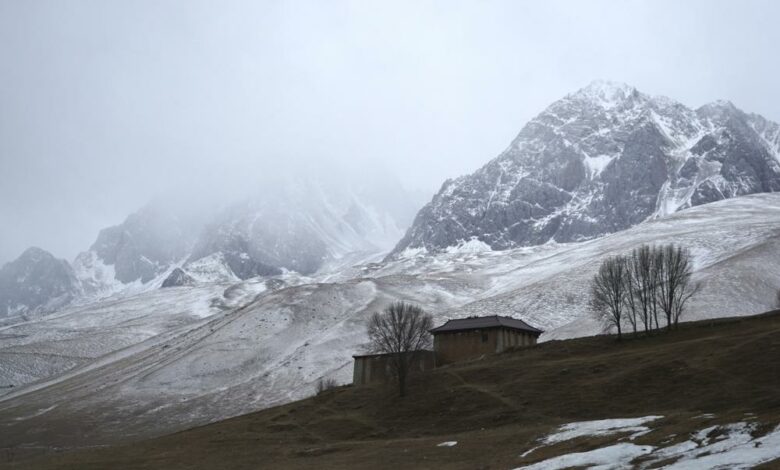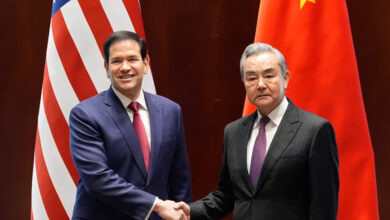
GARZE COUNTY, China (AP) — As a speedskating team was winning China’s first Olympic gold medal of the Beijing Games, all seemed quiet in the villages that line the eastern edge of the Tibetan plateau.
A bus flew past gold-roofed monasteries on freshly paved asphalt. Red-robed monks rode motorcycles over windswept plains under snow-capped mountains.
It was a stark difference from 14 years ago, when China hosted its first Olympics. That summer, foreigners filmed deadly clashes between Tibetans and security forces in Lhasa, the regional capital. News of the violence ricocheted online, fueling protests, hunger strikes and self-immolations across the Tibetan region.
Today, Tibet has fallen quiet. There are no monks marching on police stations. No overturned cars or hurled stones.
Far more international attention and outrage is directed at Xinjiang in China’s far northwest, where some human rights groups and Western governments say the Chinese government has been carrying out a campaign of genocide against the region’s Uyghur population.
The once-relentless waves of protesters setting themselves afire has slowed. No self-immolations have been reported in the past two years; over the prior decade, there were more than 150.




